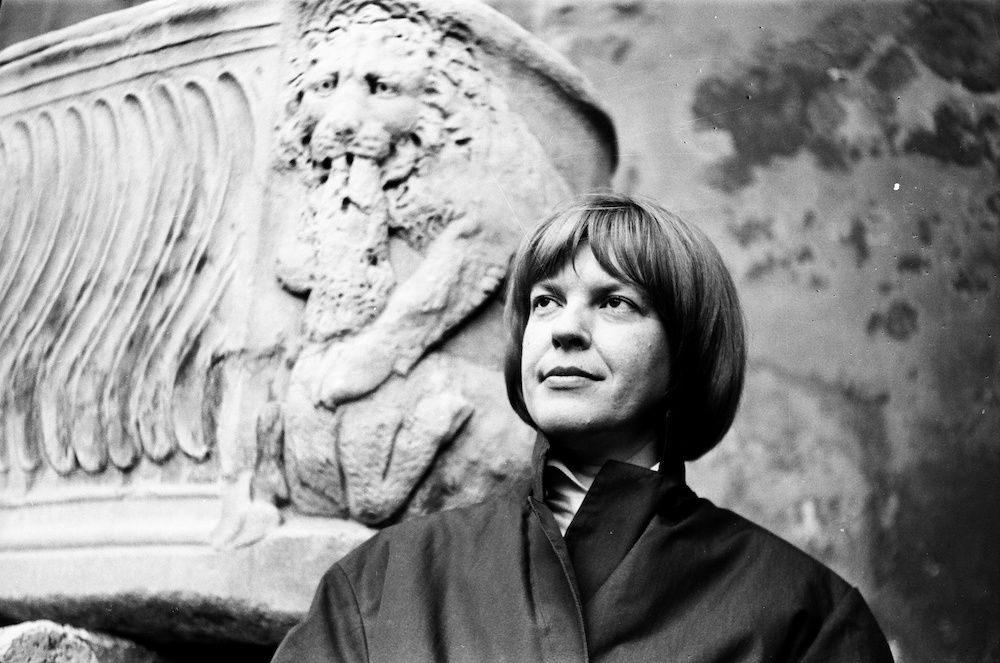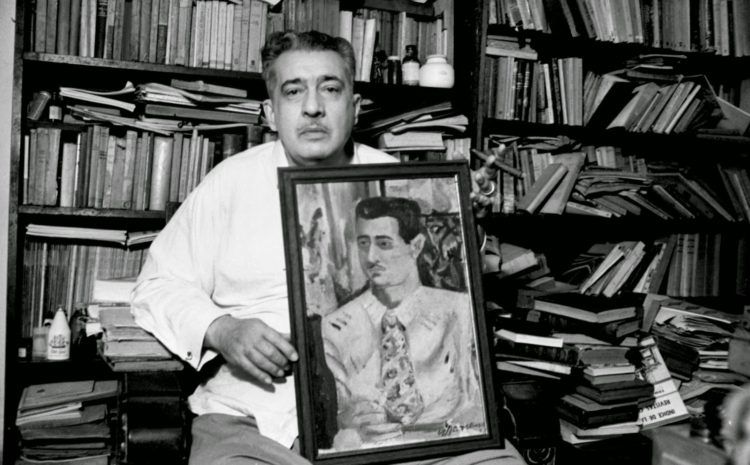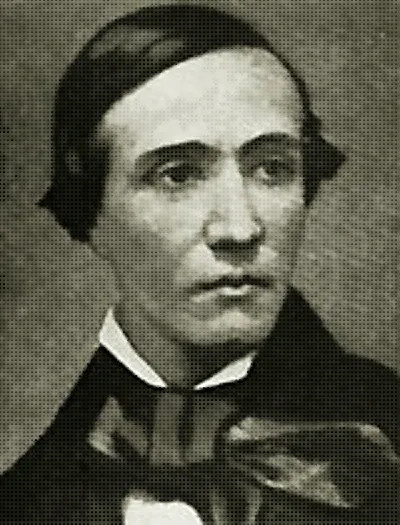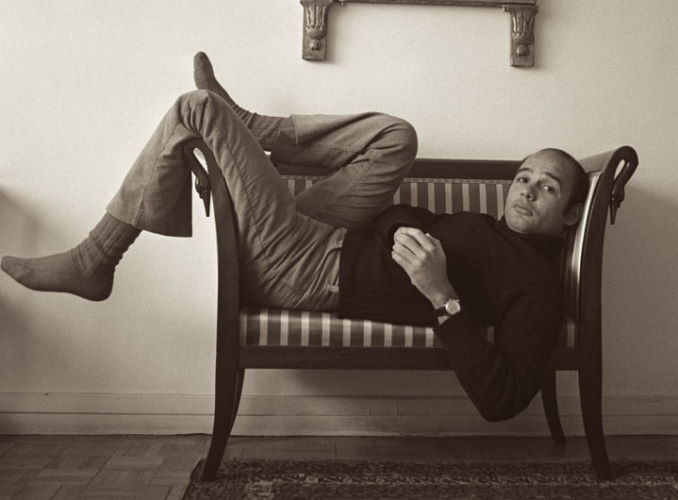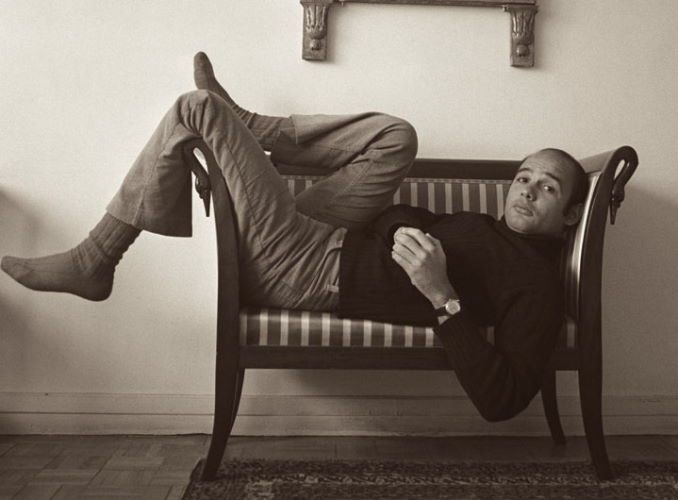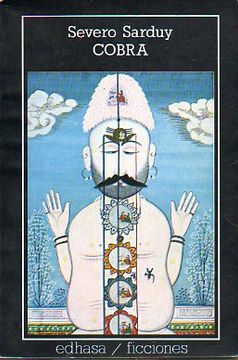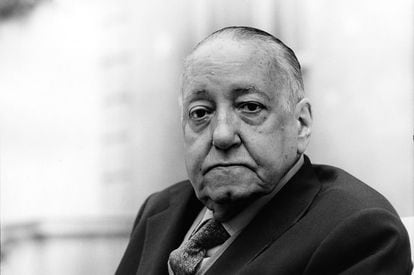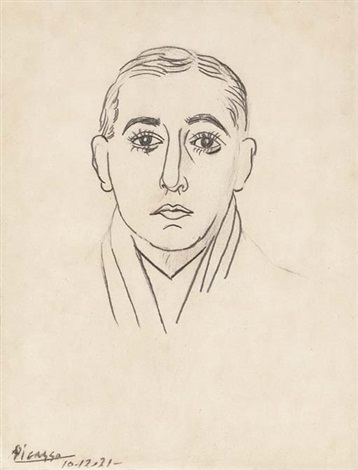
from City of Exiles: When Mario Vargas Llosa Met Julio Cortázar in Paris
In those years he was writing Hopscotch, and one of the things that most surprised me, me for whom it took a lot of work to write, was to see the ease with which he wrote such a complex novel, practically without a plan, without a script, without a previous outline. Many times, I heard him say, “Today, I don’t know where the novel will go.” What he most liked was precisely that feeling of risk, of insecurity, that was sitting down every morning without any preconceived plan, to move forward the novel he was writing, and which, as you know, made him enormously popular. I think, nonetheless, that at some point, Cortázar experienced a sort of trauma or interior revolution that completely changed his personality. This secret, intimate, private character, suddenly turned public, began to live on the streets, let an enormous red beard grow, began to show interest in the politics that he previously deplored, and became a young revolutionary when he was on the verge of turning 60. And a problematic, belligerent, and, I believe, enormously naïve and simultaneously extremely pure revolutionary, without any of those stumbling blocks that often turn politics into an activity or task that corrupts and psychologically and morally degrades some of its devotees. I think that he was innocent, authentic, although I don’t think he was always right in his political choices.
Translated by Anna Kushner.



